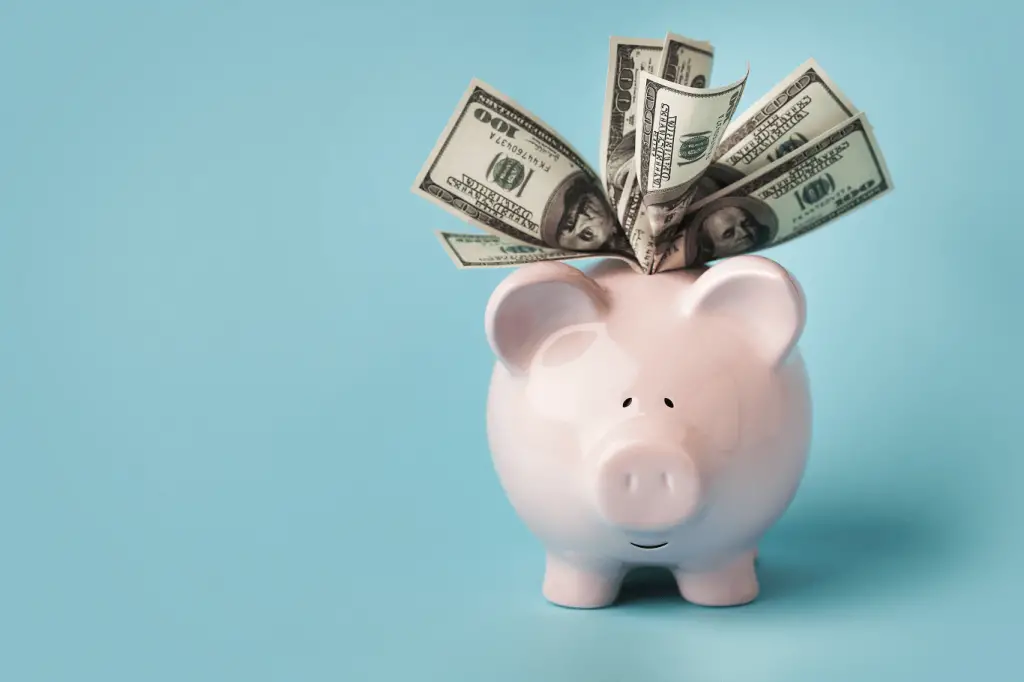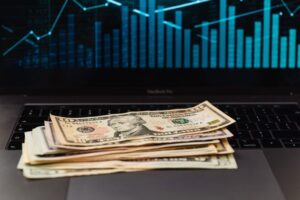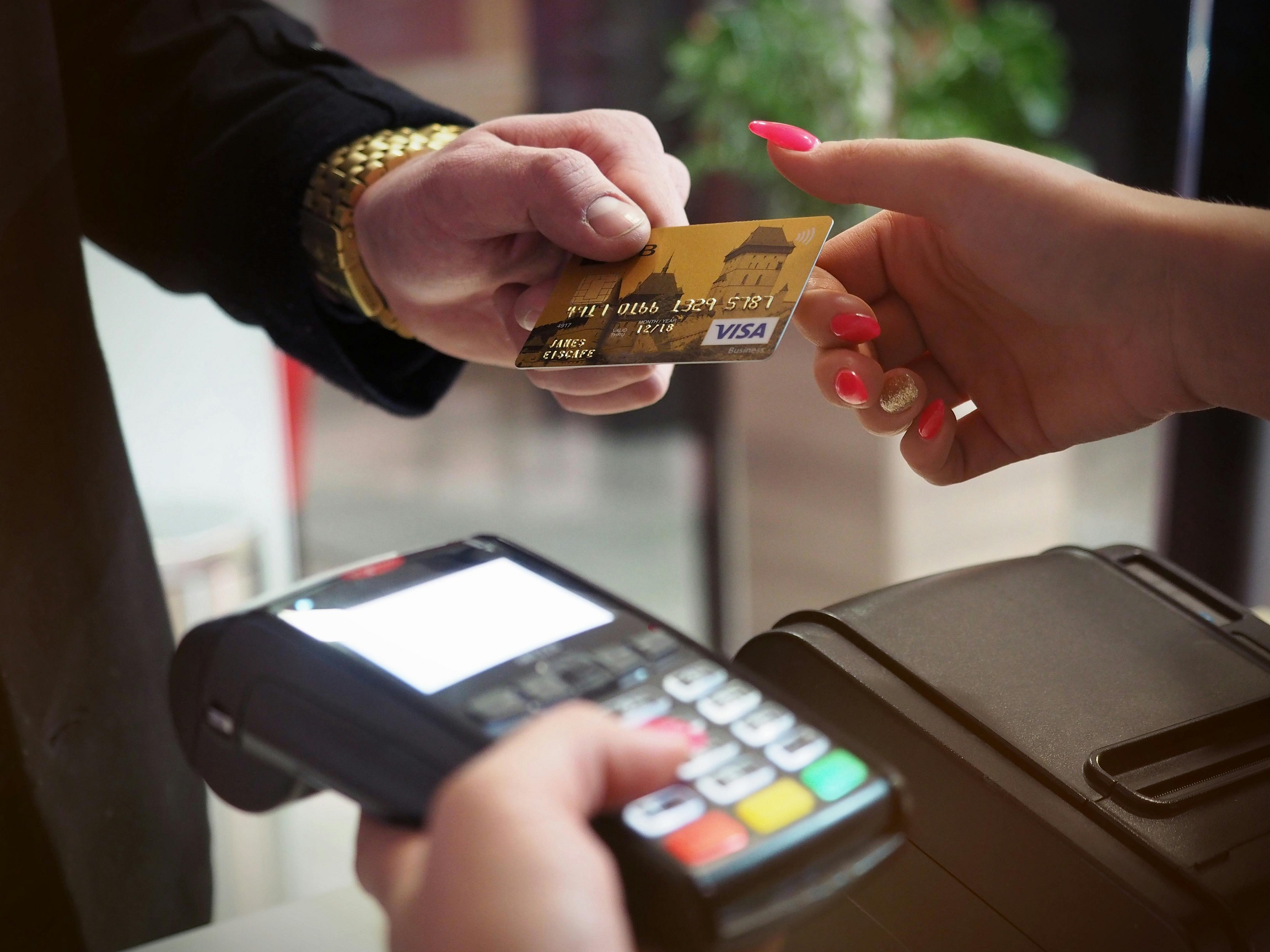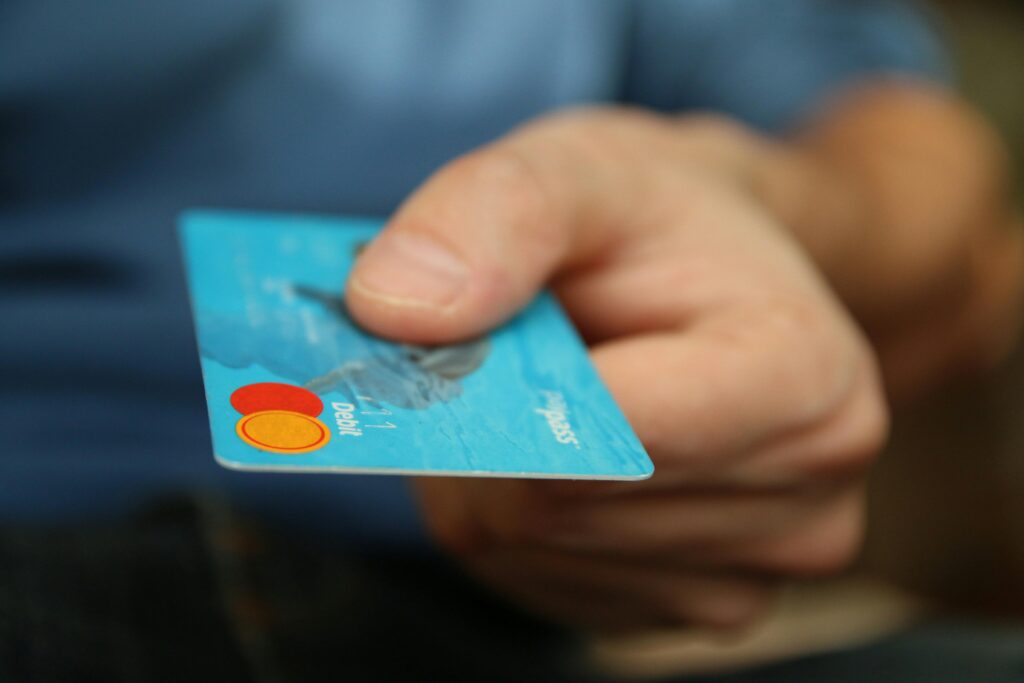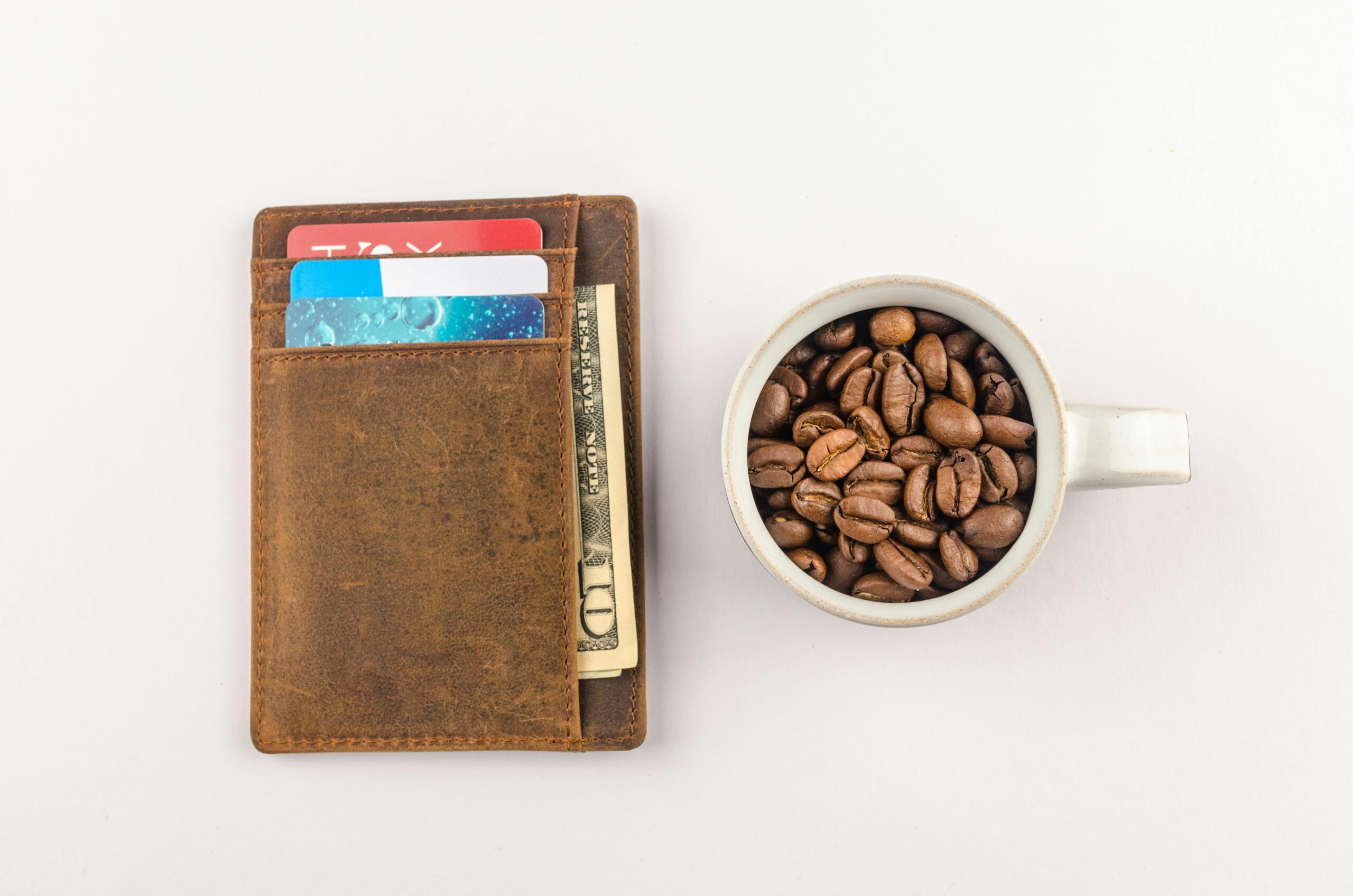How important is mindset when getting out of debt?
That’s the question I received last week from Michael (not my husband).
So I did a scope (as the cool kids call it) where I shared the following two-minute trick to change your thinking about debt.
[Read more…]


 Here is the interview:
Here is the interview: ME: How much debt have you paid off, and how long has it taken you?
ME: How much debt have you paid off, and how long has it taken you?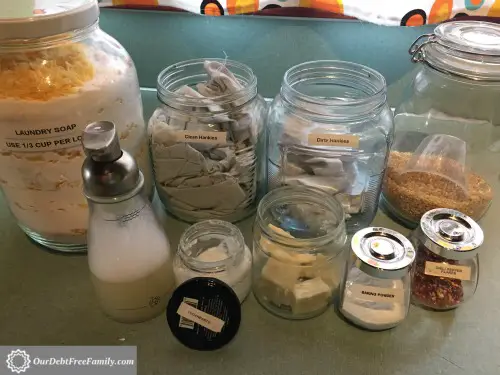

 ME: You’ve accomplished a lot in the last 18 months! What has been the best part about your debt free journey?
ME: You’ve accomplished a lot in the last 18 months! What has been the best part about your debt free journey?